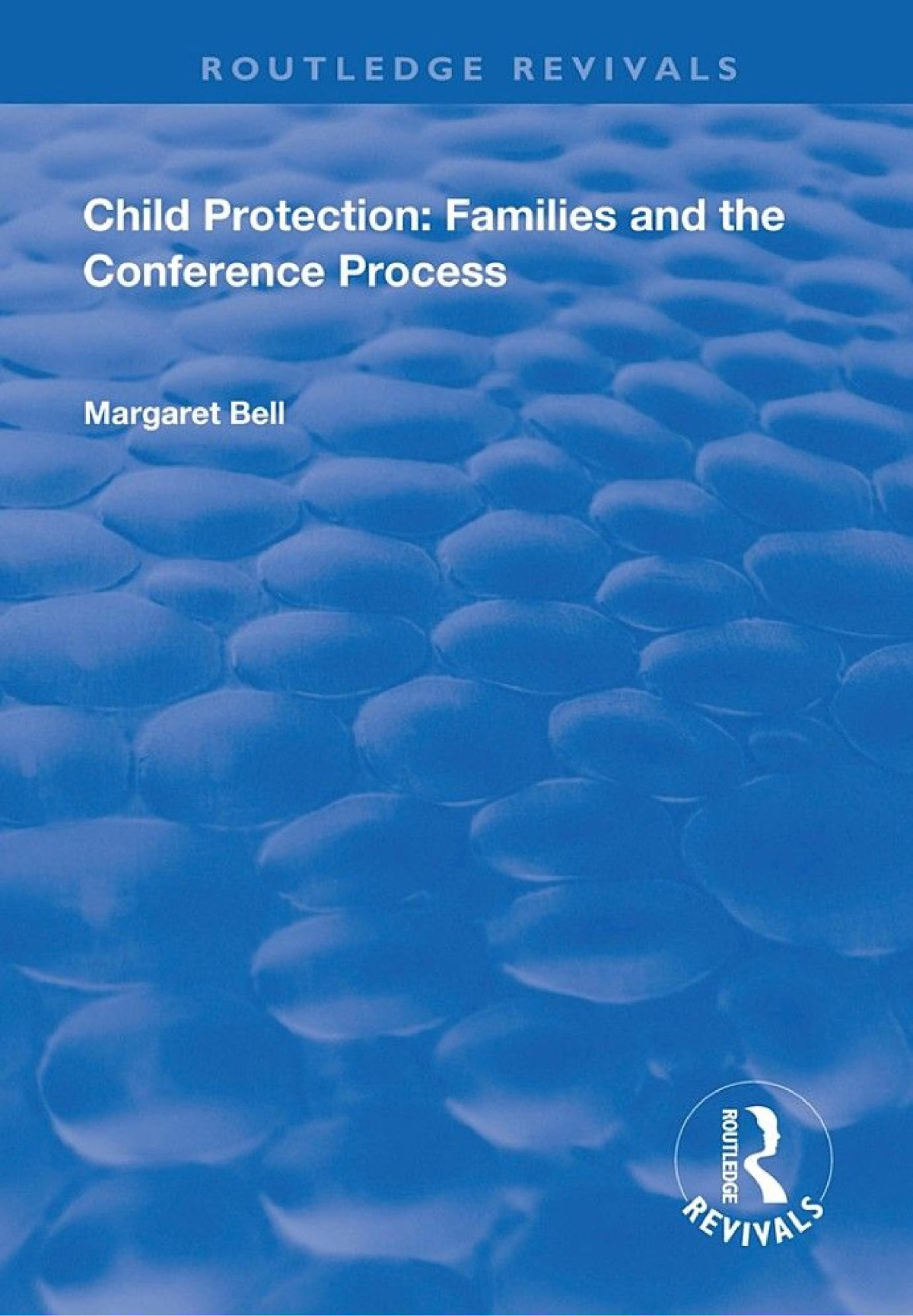

Most ebook files are in PDF format, so you can easily read them using various software such as Foxit Reader or directly on the Google Chrome browser.
Some ebook files are released by publishers in other formats such as .awz, .mobi, .epub, .fb2, etc. You may need to install specific software to read these formats on mobile/PC, such as Calibre.
Please read the tutorial at this link: https://ebookbell.com/faq
We offer FREE conversion to the popular formats you request; however, this may take some time. Therefore, right after payment, please email us, and we will try to provide the service as quickly as possible.
For some exceptional file formats or broken links (if any), please refrain from opening any disputes. Instead, email us first, and we will try to assist within a maximum of 6 hours.
EbookBell Team

5.0
68 reviewsFirst published in 1999, this book is based on an extensive research study of the experiences of eighty-three families and the range of professionals involved in initial child protection conferences, this book explores the opportunities and difficulties of working in partnership in child protection within the context of rights, justice and empowerment. The research identifies what families find helpful and unhelpful in the intervention, as well as analysing the difficulties faced by practitioners. In exploring the families experience, the author provides a concrete base for a much-needed clarification of the nature of and limitations on partnership practice within child protection. Equally, the analysis of professional perspectives on current procedures and the agency structures in place to support them provides insight into key intra and inter agency issues, including training. The Identification of the conflicts and ambiguities which are inherent in the particular system, and with which the professional struggle is of particular interest to social work practioners and their managers, as well as to academics and other researchers in the field. The book, therefore, contributes to the debate about what constitutes good practice in this complex field and, while affirming some of the strengths of the existing system, suggests some ways in which both the families and professionals who work with them can be better supported.